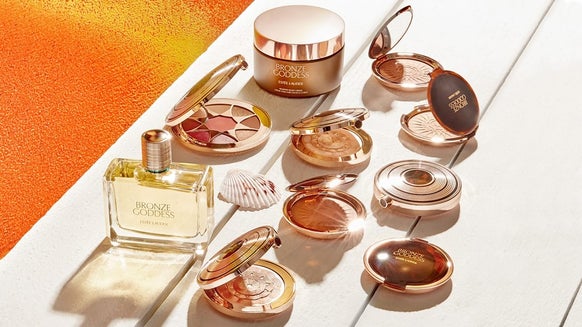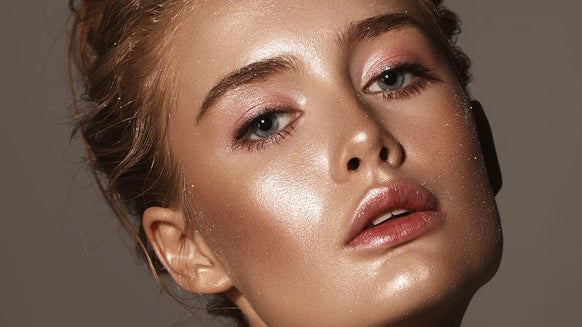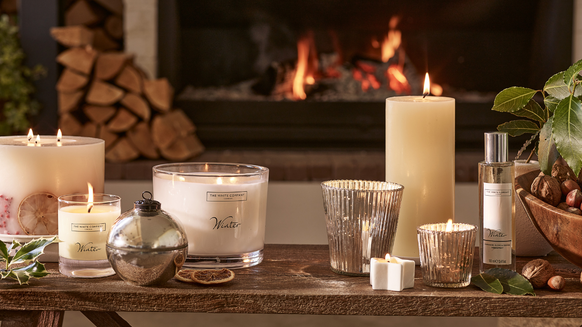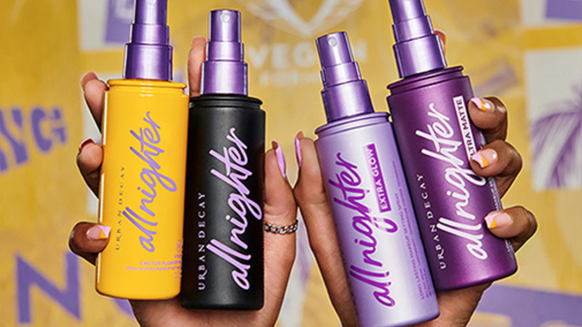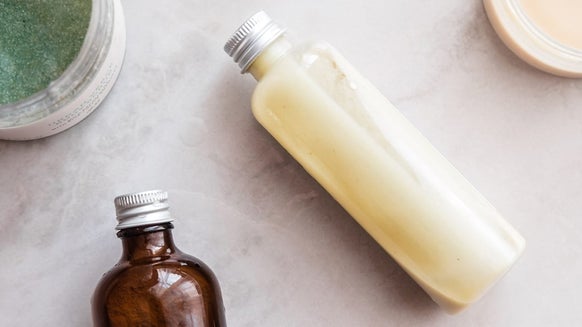A new mum’s guide to breastfeeding
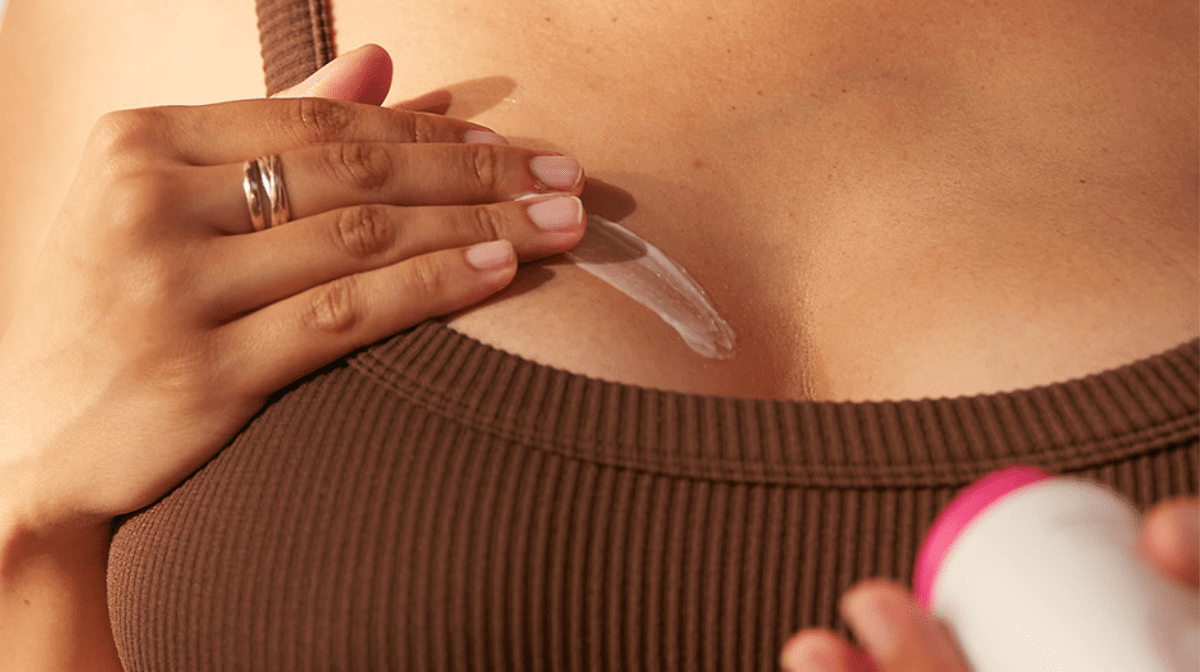
From locking in the latch, to finding the right feeding position, breastfeeding can be a complicated and difficult, yet incredible experience for new mums.
Every mother will have a unique and special feeding experience, and finding the right feeding method for you is essential. This National Breast Feeding Awareness Month, we caught up with Mama Mio's resident Midwife Victoria Holyoak (@midwife_vic) to hear all of her top tips for feeding mums, as she shares how prioritising your mental health during this time is essential.
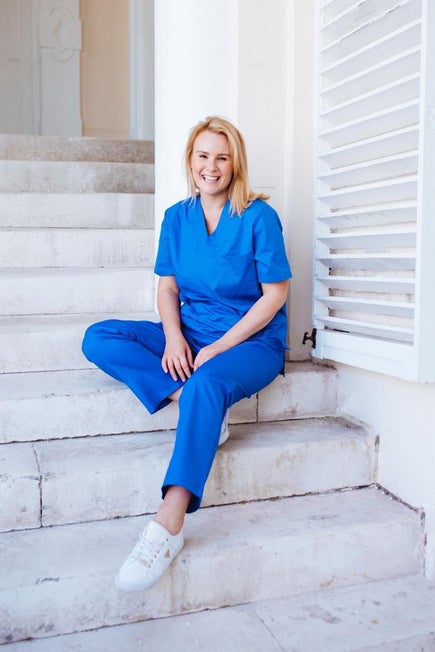
What advice would you give someone who is struggling to get the latch?
Firstly - don’t feel alone. Breastfeeding is incredibly technical and often it’s the smallest of changes in positioning and attachment that will make the biggest difference in your latch.Honestly, nobody teaches you this stuff! How are you supposed to know?Make it a priority to contact your midwife, or health visitor. If latch is the issue, you really need someone sitting in front of you who can observe the feed.Before your appointment, make sure you’ve invested in some good products that will relieve some of the discomfort from engorgement and ever changing breast size in the early days. A good breast moisturiser can be used to perform breast massage before expressing and to offer relief when your milk begins to come in around day 3.What remedies do you recommend for sore or cracked nipples from Feeding?
Nipple cream is a must. This will keep them moist to encourage healing, and stop any trauma from drying and forming a scab which will hurt more. You can also express a little colostrum or breast milk and rub this into any nipple trauma as it contains active infection fighting ingredients and healing properties.How can I choose the right breast pump for me?
My top tip when it comes to purchasing your pump, is look at the flange size. This piece of kit is essentially the funnel that slots over your breast.Women have different sized areolas and nipples, if you have a flange that is too large, you risk ineffective pumping, with the kit not placing the suction and pressure on the milk ducts that sit a little further back. If you use one that’s too small, you risk trauma to the nipple. Your nipple should sit comfortably in the flange and when pumping there should be a firm pressure but no discomfort.How long do you recommend breastfeeding for?
The World Health Organisation recommends the optimum time for exclusive breastfeeding as six months, with complimentary foods being introduced thereafter, alongside continued breastfeeding up to two years.As a midwife, I think it’s really important to always personalise any decision making when it comes to feeding. It’s a really emotive topic and there are often a lot of other thing going on that need consideration. So I say, feed your baby, how you feel comfortable to feed your baby, for as long as you feel comfortable.How often, on average, should you breastfeed your baby throughout the day?
The minimum recommendation is 8 times in a 24 hour period. However, due to the most current research, midwives and feeding specialists try and emphasise the concept of 'feeding on demand' and understanding feeding cues.If your baby is signaling for a feed, it’s so important to respond. Remember your breast milk isn’t just a meal to your baby, it’s a drink, it’s warmth, it’s hydrating if they’re super thirsty and it’s comfort. Just like we would take several drinks between meals, so will they.Are there any foods or drinks you should avoid whilst breastfeeding?
Anything that’s super spicy for example is fine, but if it repeats on you, you should adjust your expectations that you may have a slightly unsettled baby.
Alcohol can be enjoyed in moderation when breastfeeding. Alcohol enters the milk stream as it does the blood stream and therefore the more you have in your blood stream, the more you will have in your milk. It’s not trapped in the milk, therefore the old advice of 'pumping and dumping' is rarely necessary. Instead rehydrating, resting and waiting the usual 3-4 hours per unit for the alcohol to be eliminated is best.
What should you do if you are experiencing pain when feeding?
Stop! If you are experiencing pain, your baby is not positioned correctly. The nipple is more than likely caught between the hard front upper and lower palette in the baby’s mouth. This means their head is not angled up enough and therefore, not only is it painful, but more than likely it’s also ineffective, with the chin not pressed into the milk ducts enough.
Remove your baby and try to re-latch with the head angled upwards a little more. As well as this, you can contact your midwife and arrange an appointment for as soon as possible to assess the feed in person.
Are there any specific positions that make it easier to feed?
I personally love the side lying position when teaching brand new mums how to breastfeed. This position involves mum lying on her side and baby being placed on their side facing her.
It stops any anxious mums being all thumbs and fingers about how to hold the baby as the bed does it for them. Instead they feel much more confident in pulling their babies in close, which naturally allows the baby’s head to lift up as there are no hands blocking them.
Are there any common mistakes people make when feeding?
One of the biggest mistakes is thinking that your baby has fed if it has sucked at the breast. Sucking doesn’t necessarily mean feeding. Your baby is only feeding when there is evidence of good effective milk transfer.
There are a number of cues to look out for to know whether good effective milk transfer is taking place. Check out Mama Mio’s reels and Midwife’s Q and A’s for an example of this, or book in with a midwife who can demonstrate it with either a doll, or show you when you’re feeding your baby.
What advice would you give to someone who is struggling to breastfeed?
Please, please reach out to someone. Talking about it is the first step to figuring out what you want, and need, to get into a better headspace which is always the priority. Whether that’s feeding support, or to stop feeding, your mental health is always the priority.
What advice would you give to mothers who don't want to breastfeed?
Make sure to access a really good bottle feeding course as there’s some really important information about something called 'paced feeding' which I don’t think is particularly well known. Be proud of your feeding choice, as it’s one that you have considered and feel is right for you and your family.
What support is available for breastfeeding mothers?
The first source of support comes from your midwifery team who will be caring for you antenatally and postnatally. As well as this I would definitely recommend looking into private courses or care led by professionals who are qualified in feeding support.
Alongside professionals who can help, there are fantastic resources on the breastfeeding network, le leche league and the baby friendly initiative. Finding your 'mum tribe' is crucial as well. These are the whatsapp warriors who will be sat with you at 2am when you’re cluster feeding.
Keep your eyes peeled on Mama Mio’sJoin The Mamahoodcampaign. The mamahood is a safe space, where we share knowledge, and mums support one another.
What pamper products do you recommend for new mothers?
I cannot preach enough about pampering yourself as a new mum! You are about to go through an unknown and unpredictable experience, more than often in a hospital environment. You are so deserving of a little luxury to look forward to.
I often tell my clients to make sure they have two lots of luxuries set aside just for them. One lot for hospital and one for home. That first shower in hospital post birth will be all the sweeter if you have some luxury products to look forward to.
For more breastfeeding advice, check out the latest issue of The Highlight, as Millie Mackintosh 'spills the milk' on her breastfeeding journey.

As someone with an affinity for all things beauty, discovering fantastic new products is my not-so-secret obsession. Over the years I've tried and tested a mountains worth of creams, serums and cleansers, finding some of my favourite 'holy-grail' products along the way. However, I'm always on the lookout for more ways to nourish my hair, perfect my dewy base, or enhance my skincare routine. Working as a beauty blogger for over 3 years, I've been lucky enough to collaborate personally with lots of amazing beauty brands including Christian Dior, The Body Shop and Dermalogica. I've used the Dermalogica special cleansing gel religiously since I first got it and their products are some of my ultimate skincare faves. When it comes to cosmetics, NARS Sheer Glow foundation is definitely my go-to - I live for a light, glowy base!




